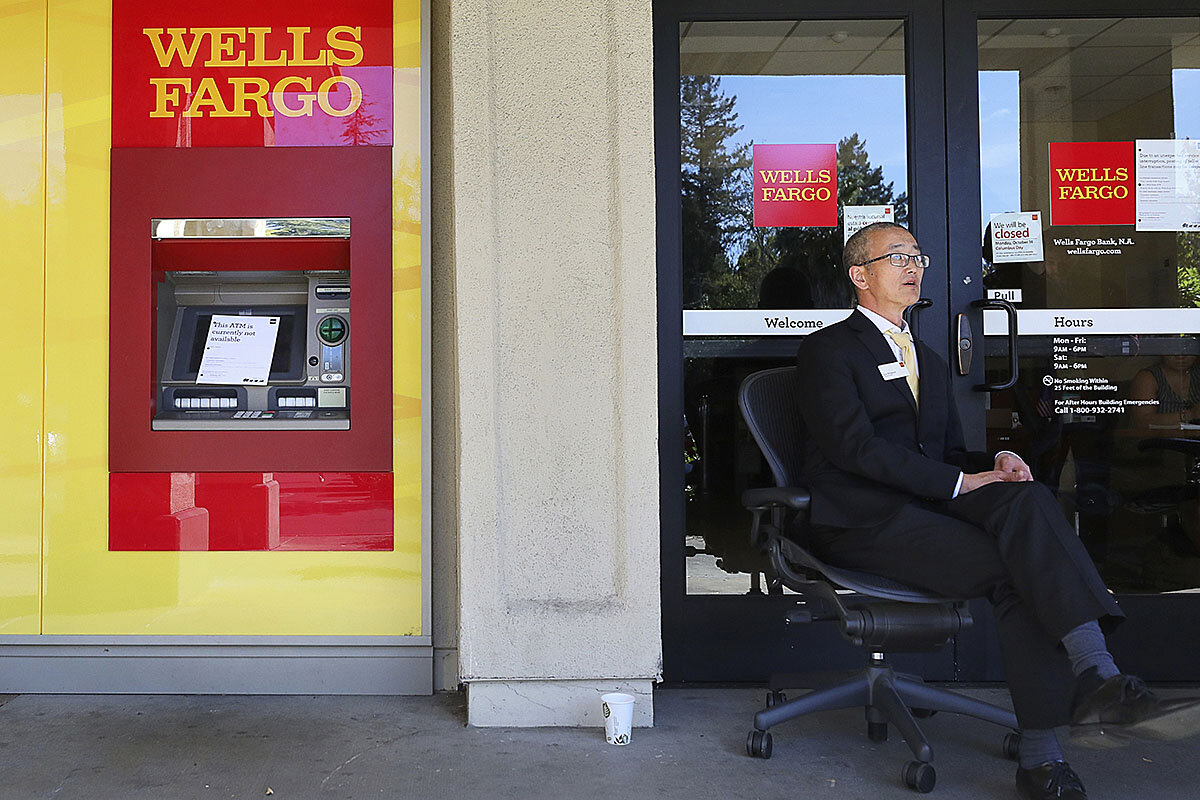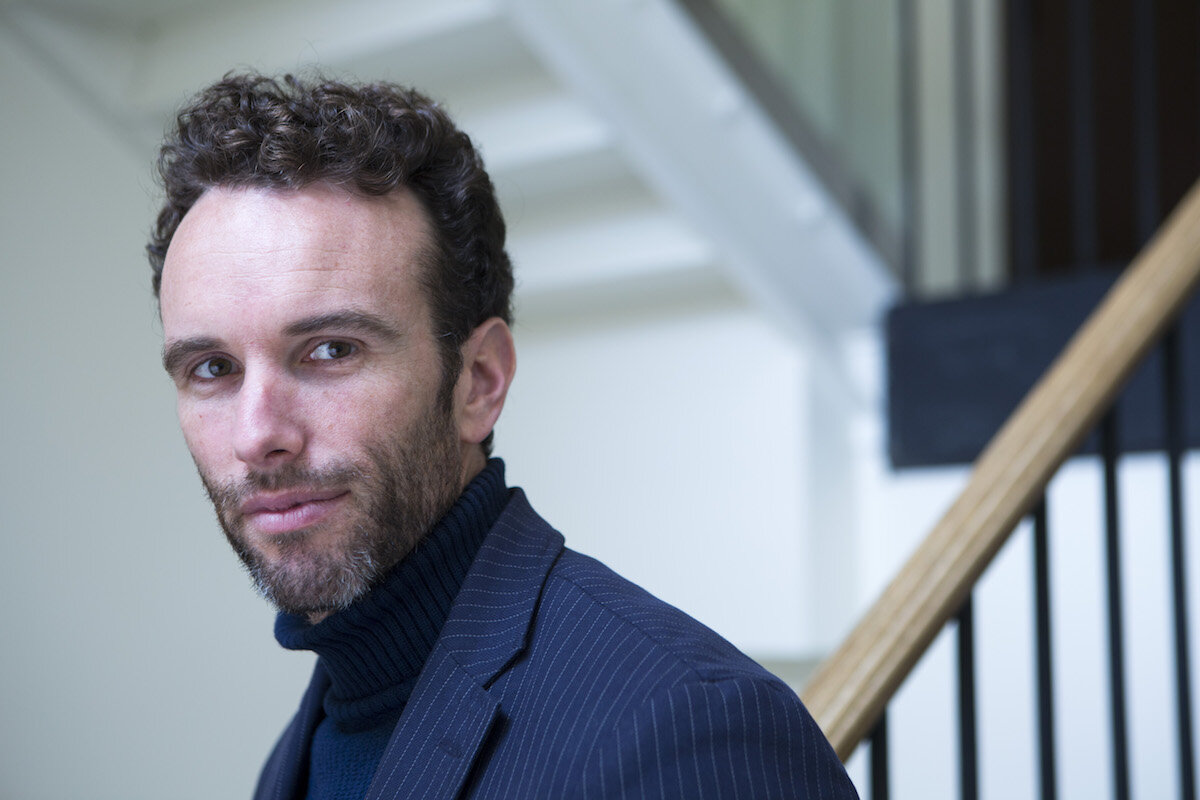President Trump has faced overwhelming bipartisan criticism of his Syria policy. His Ukraine dealings have also elicited broad concerns. What has changed? Observers see a shift in values.
Monitor Daily Podcast
- Follow us:
- Apple Podcasts
- Spotify
- RSS Feed
- Download
 Eva Botkin-Kowacki
Eva Botkin-Kowacki
Welcome to your Daily. Today’s stories explore a shift in U.S. foreign policy, a reach for power self-sufficiency amid California’s blackouts, a search for long-term water sustainability in India, the promise and perils of international trade in agriculture, and how one Marine veteran has sought meaning in war.
But first, drug addiction and homelessness are often met with judgment. Here in Boston, there’s an area that has been unofficially branded “Methadone Mile” – it’s thought of as a hub of drug activity, with clinics, homeless shelters, and drug treatment programs nearby. The Bostonians who can’t avoid the area often avert their gaze from those experiencing homelessness there.
But one woman goes out of her way to meet these would-be castaways with respectful compassion.
Every Sunday since June, Celsea Tibbitt has led a group of volunteers to the area to hand out bottled water, fruit, and hundreds of healthy, home-cooked meals.
“I know one meal a week isn’t going to do it,” Ms. Tibbitt told The Boston Globe. “But it lets people know a group of us care. We need to take care of each other.”
A public health nurse, Ms. Tibbitt hands those experiencing homelessness much more than food. She extends humanity and empathy to a group of people who are often dismissed by society.
“I know from doing this work there is so much stigma around these members of our community. I have the privilege to be able to speak and listen to their stories,” she says. “It’s about being present and not looking the other way.”










